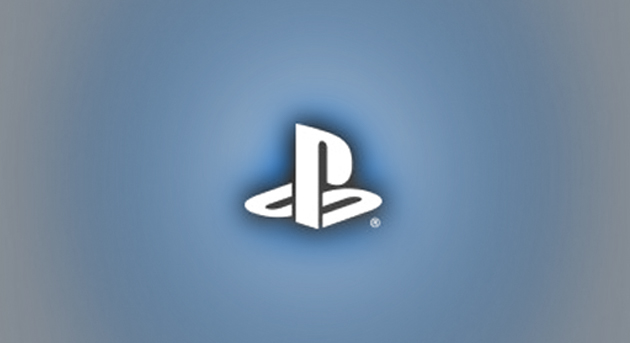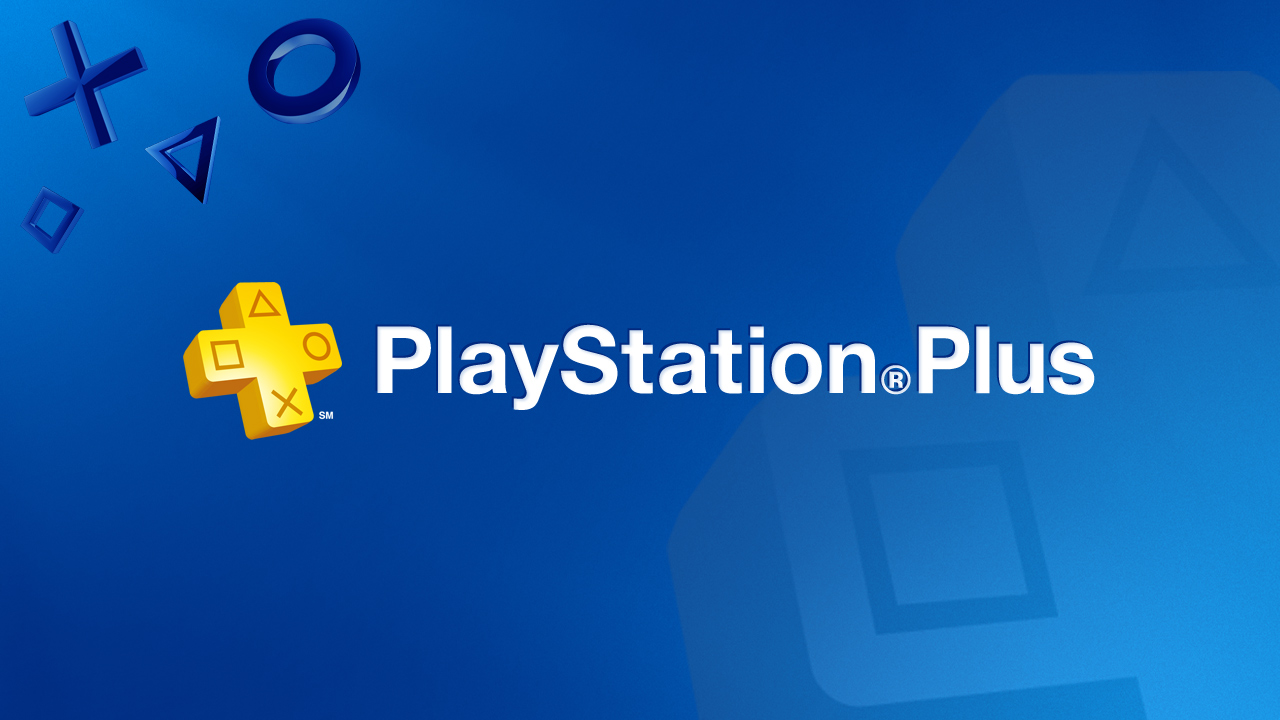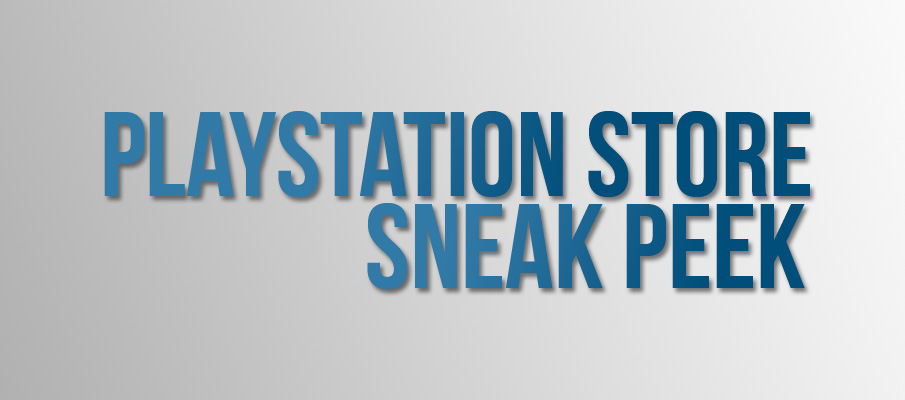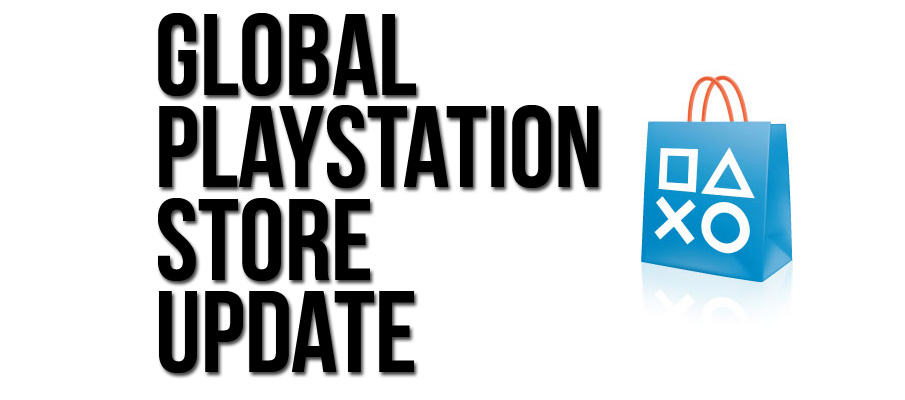
Should PSN Games Have Mandatory Demos?
Posted by Ben on February 6th, 2012 | 4 Comments | Tags: Editorials
I probably won’t be the first person to admit that I like to try a game out before I drop some cash on a purchase, and digital games are no exception. If I’m going to end up spending my cash on a game, I want to make sure that I pick the right one out of a sea of possible options. So, I download the demo. I give the game a whirl, and if I like it, I buy it. But, what if that game doesn’t have a demo? Why do some titles launch with a trial, and why do some receive a demo later on down the line, if at all? Intrigued by this question, I asked a number of developers for their opinions on demos and the effects they can have on sales.
So, some games don’t launch with demos, and while games like Flower can launch without a demo and sell on the strength of reviews and word of mouth alone, some titles aren’t quite so highly publicized. Zen Studios has always released demos of their pinball titles on PSN, but they elected to not have one for The Punisher: No Mercy “simply because we were out of time and needed to get the game released”, in the words of Zen Studios’ Mel Kirk. But, due to flat sales, they released a demo roughly six weeks after the game hit digital shelves. Apparently, “things picked up and the game started selling. That was enough for us to decide that we would ALWAYS release a demo with a product release”. So, a demo can certainly help bring some life to sales, but this can also depend on the quality of the demo.
“With a demo you only have a few precious minutes to grab the attention of a player, and convince them that this game is worth their hard earned money.” Drinkbox’s Graham Smith spoke in his correspondence with me about how Tales from Space: About a Blob’s demo wasn’t necessarily interesting enough to convince a player to purchase the full product, due to the demo’s first level being the game’s slow paced tutorial. Stating, “We think that this probably gave a lot of people a false impression of the experience actually offered by the full game”. It’s a fair assessment; a bad demo can certainly have a detrimental effect on a product’s sales, with content here being key. If you’re going to show off your product to somebody with cash in hand ready to buy it, you need to get straight to the good stuff, so the interested party is really drawn to what you’re selling. It’s the Katamari Damacy effect. If you’re going to show somebody that game for the first time, you don’t show him or her the first level, where you’re rolling that ball around inside a house. You show them 2/3 of the way through the game, where you’re big enough to roll up an entire city, and then an angry god stomping his feet. You show them the perfect amount of crazy to get them interested, and then you tell them that the full game gets even more insane. As awful as it sounds, when that person has the full game, you can afford to roll out the good stuff in small doses, you already have their money. With a demo, you need them to go straight to the store afterwards and buy your game. That’s what’s important.
Capybara Games’ Nathan Vella echoes this sentiment, saying “The bottom line with demos is that a good one can positively effect sales, but a bad one can ruin any chance you had of selling your game. Making a demo is a big risk, which I believe is why you see some devs pushing back against it on PSN, where demos aren’t mandatory.”
I think PSN developers should plan to at least give it a shot – take the time, make a solid demo, put it up and see what happens. We did that with Critter Crunch, and tons of people downloaded the demo. Many more than we anticipated, even. We can look at what we did well with the demo, and what we botched. Most importantly, we can make an educated decision for our next projects.” So, so far the overriding chain of thought with developers has been that a demo is necessary, but your demo has to be of a sufficient quality in order to be able to sell your product.
Of course, it wouldn’t be a fair article if I didn’t include a differing viewpoint, so I asked Just Add Water’s CEO Stewart Gilray for his opinion on demos. His perspective was somewhat more cautious of demos as a whole, as they can sometimes have the effect of the player deciding that they’ve played enough of the game through the demo, and that they might not even bother with the full game. It’s an interesting viewpoint to be sure, and I’ve certainly found that some games have such generous demos that all I do is play the free version, and never upgrade to the full game. It’s especially true with iOS titles, where I find my game library filled up with lite versions of games, which provide me with just enough entertainment to prevent me from purchasing the full game. Mind you, sometimes a demo isn’t a replacement for a sturdy launch, as Fire Hose Games discovered when it launched Slam Bolt Scrappers on PSN. Slam Bolt was a victim of the PSN outage, with the developers’ sales and demo conversion curves being “all out of whack” as a result. However, Fire Hose’s Eitan Gilnert did say to me “Demos for games are great but ultimately sales are dependent on many other factors just as much if not more.” It’s a sad reflection on the effect the PSN outage had on smaller developers.
I apologize if this post has gotten a little bit rambly, but I hope you all have a deeper understanding of why some PSN titles have demos and why some doesn’t. While a system of mandatory demos might be a good idea in theory, sometimes a bad demo can do more harm than good. I’ll leave you with one final quote from Capy’s Nathan Vella though, “if you’re working on an XBLA/PSN title, you’ve had to have made a demo (due to it being mandatory on XBLA), so putting it out on PSN is only fair to players on that system. Anything else just isn’t cool.”
Amen to that.





